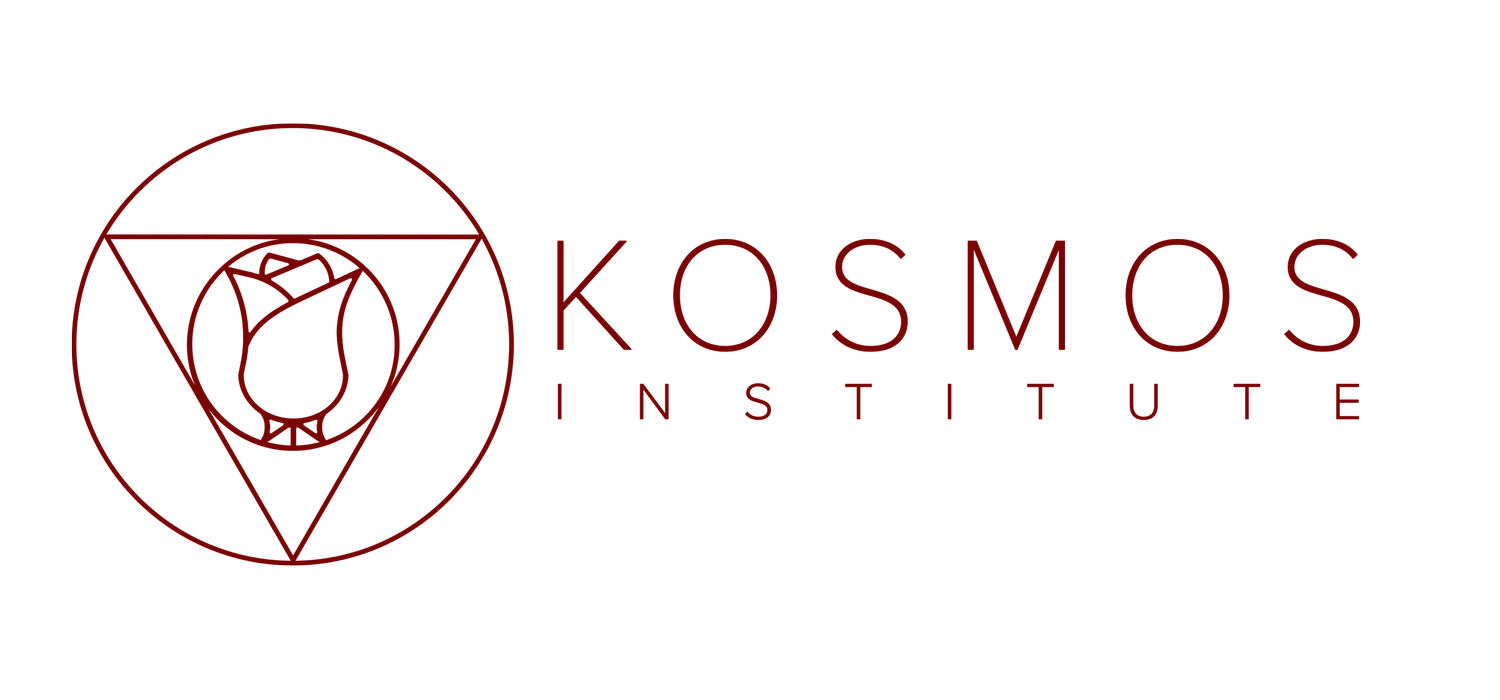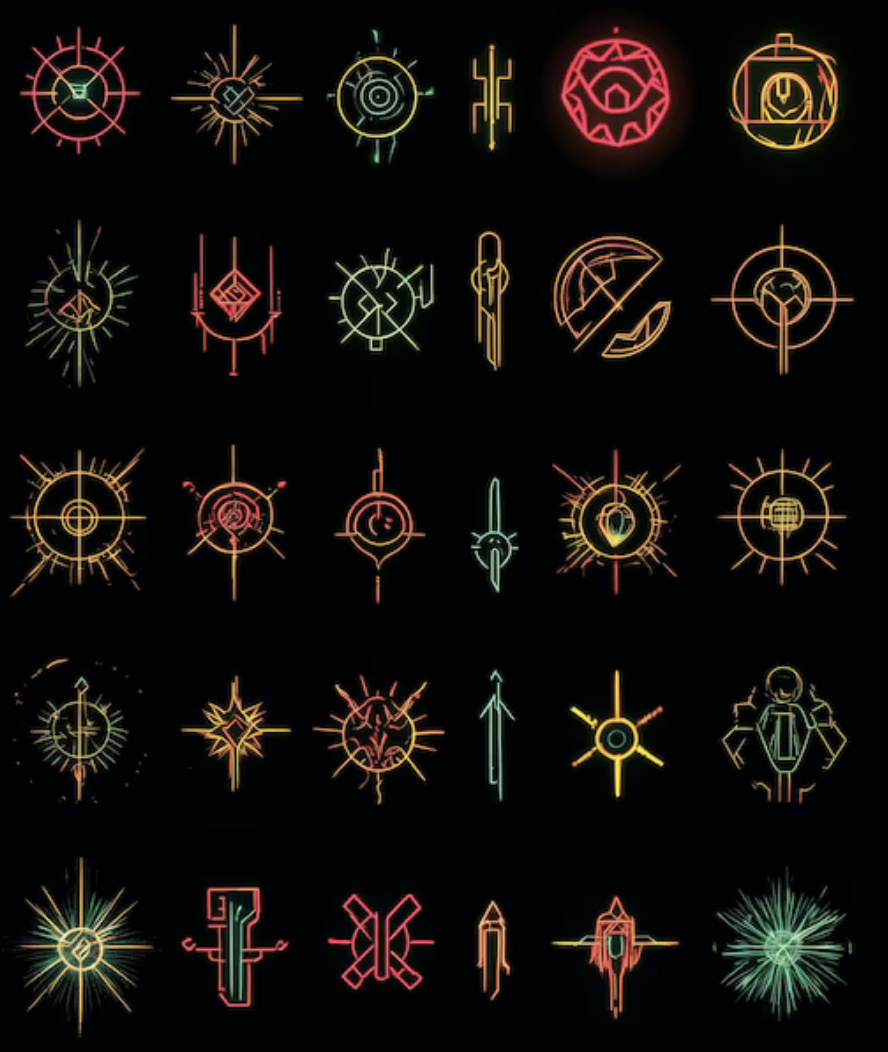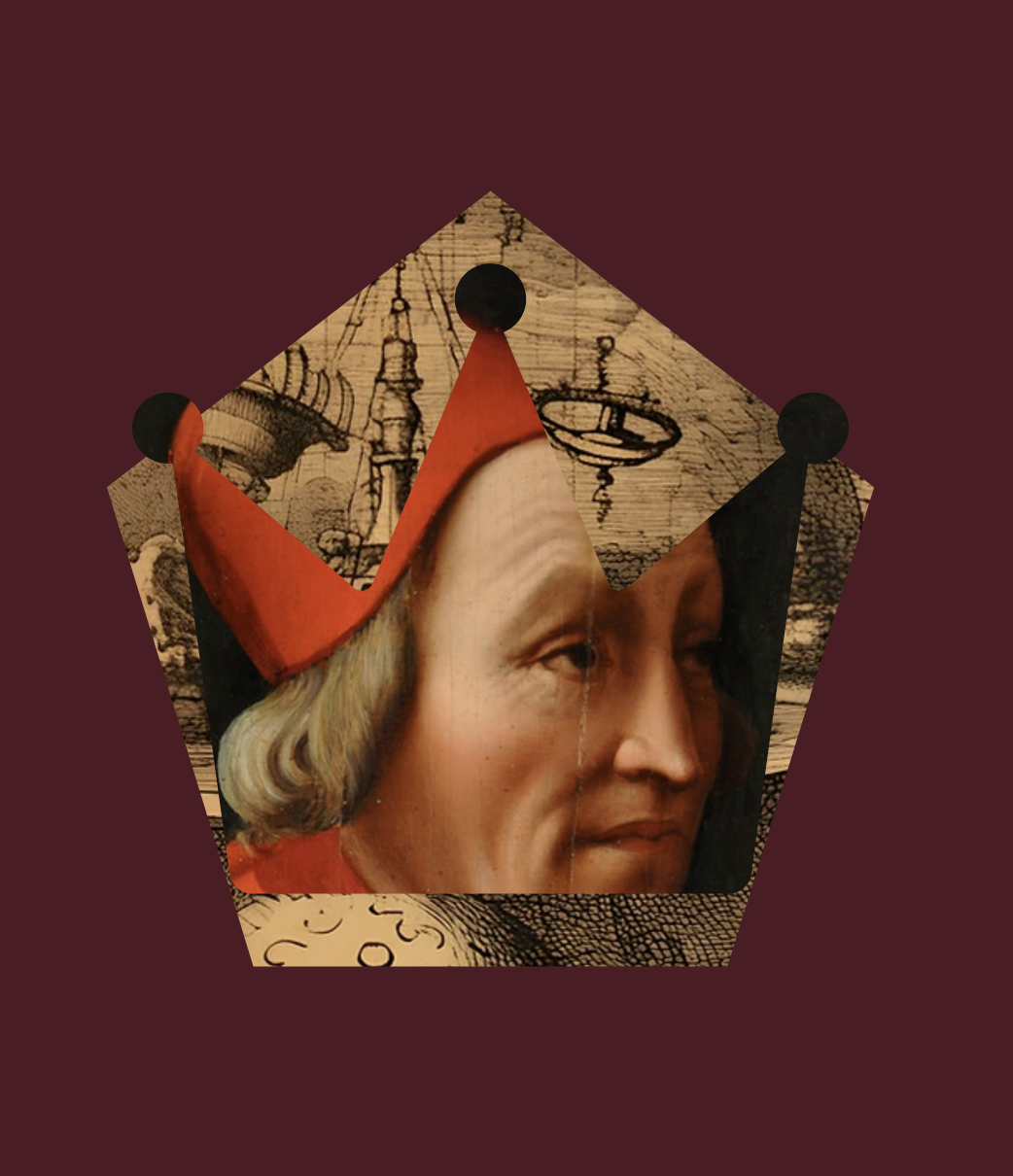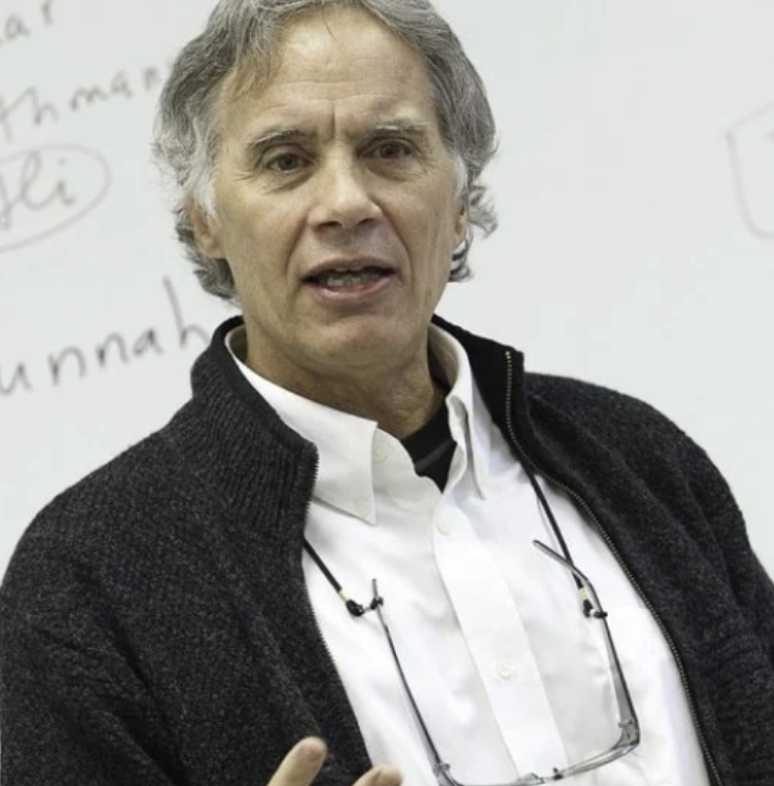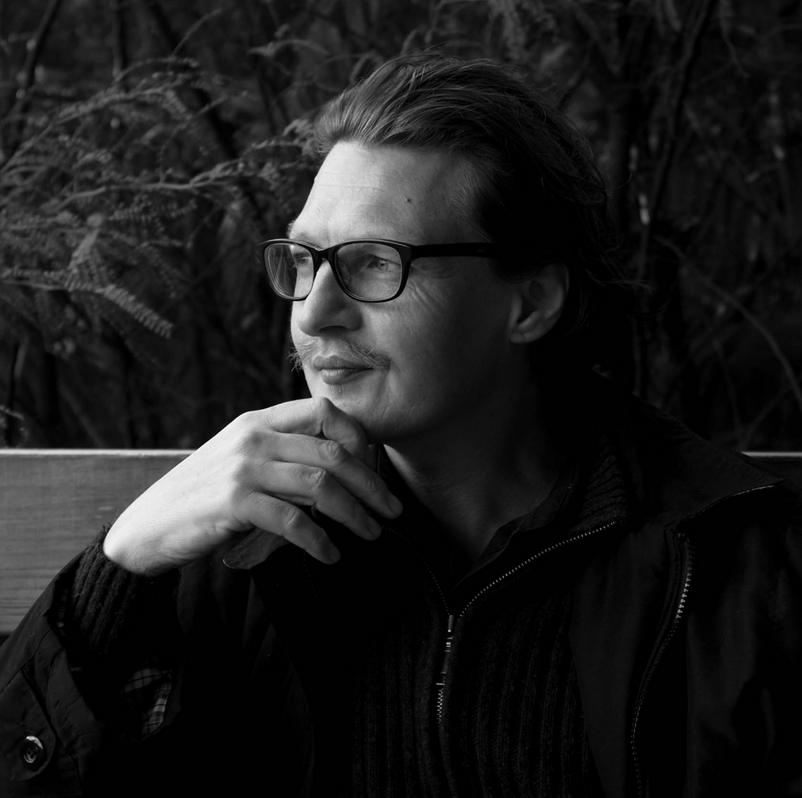Western Esotericism
Who am I?
Where do I come from?
What is the purpose of my life?
As teachers at Kosmos Institute, we welcome aspiring students to join us as we explore esoteric traditions in search of answers to these timeless questions. Although accomplished in our academic fields, we nonetheless venture beyond dry historical scholarship and strive to integrate the experiential fruits of our spiritual praxis into our teaching. Taking the maxim of the sages at Delphi to heart, we aspire to knowledge of self that doubles as insight into the depths of the cosmos—and vice versa.
Pushing past the tired duality of religious faith and scientific reason, we follow in the footsteps of the traditional goddess of wisdom, Sophia, in a perennial quest for a knowledge of the heart. Devoted to the Book of Nature, we recognize the cosmos as a manifestation of divine mind, and, in accord with the hermetic doctrine “as above so below,” see visible phenomena as symbols of invisible principles. By way of our deep engagement with diverse symbolic languages (dreams, numbers, mandalas, myths, texts, charts), we aim not to embrace an eccentric occultism but to perceive the eternal archetypes underlying the flux of everyday existence, and so know the world within as intrinsically one with the world without.
We do not see the world as it is; we see it as we are. So, to perceive the unity hiding in the chaos around us, we must first find it within ourselves. While the esoteric pathways to this inner unity are manifold, each takes us by necessity beyond ordinary egoity. In following these paths, we are called upon to abandon certainties, revise deeply cherished beliefs, and question unexamined habits of thought and action.
In place of harsh and divisive narratives present in public and academic discourse, Kosmos Institute offers the joy and discipline of free inquiry. Revering ideals of truth, beauty, and goodness, Kosmos Institute aspires to provide a crucible for meaningful transformations in individual and collective consciousness. From that vessel, we hope that (like a Phoenix rising from the ashes) healing and wisdom may emerge.
Courses
Dreams and the Sacred: An Exploration of Divination
Dr. Gregory Shaw
2026
Esotericism and the American Spirit I: Modern Foundations/ Perennial Questions
Dr. Daniel J. Polikoff
Fall 2025
Alchemy East and West
Dr. Aaron Cheak
2026
Special Curriculum in Gnostic Studies with Dr. Hereward Tilton
Gnosis I: The White Serpent
Spring 2025
Gnosis II: The Divine Mirror
Summer 2025
Gnosis III: The Tree of Life
Fall 2025
Gnosis IV: The New Age
Winter 2026
Gnosis V: Psychedelic Gnosis
Spring 2026
Faculty
Dr. Hereward Tilton
Hereward Tilton (BA Hons 1, Ph.D., FHEA) is a Religious studies scholar who has taught on the history of alchemy, magic, and Rosicrucianism at institutes dedicated to the study of Western esotericism within the University of Exeter and the university of Amsterdam. Since receiving his doctorate he has conducted research on alchemical entheogens in early modern Germany under the auspices of the Alexander von Humboldt Foundation, and he has translated and introduced an eighteenth-century Austrian black magical manuscript dealing with traditional psychoactive fumigations called Touch Me Not: A Most Rare Compendium of the Whole Magical Art. In his most recent books, The Path of the Serpent, Vol. 1: psychedelics and the Neuropsychology of Gnosis, and its forthcoming sequel, he applies recent discoveries in psychedelic neuroscience to the symbolism and techniques of a European gnostic tradition with historical and phenomenological ties to Indo-Tibetan tantra. Dr. Tilton serves as core faculty at Kosmos Institute and helped design the Western Esotericism curriculum.
Dr. Gregory Shaw
Gregory Shaw, professor of Religious Studies for over 35 years at Stonehill College, Massachusetts, is the author of Theurgy and the Soul: The Neoplatonism of lamblichus, Practicing Gnosis: Ritual, Magic, Theurgy and Liturgy in Nag Hammadi, Manichaean and Oher Ancient Literature, 2013 (with April DeConick and John Turner), Hellenic Tantra: The Theurgic Platonism of lamblichus, 2024, and several articles on the later platonists, Gnostics, and Hermeticists.Dr. Shaw serves as core faculty at Kosmos Institute and helped design the Western Esotericism curriculum.
Dr. Daniel J. Polikoff
Daniel Joseph Polikoff is a poet, translator, literary scholar and philosopher. In addition to his many journal publications, he has published seven books of criticism, translation, poetry and creative non-fiction. A Rilke scholar, he has presented on the poet at numerous venues in both America and Europe over many years.Dr. Polikoff has taught at Waldorf High Schools, Sonoma State University, and the California Institute of Integral Studies, the recipient of a Ph.D. in Comparative Literature from Cornell University and a Diploma in Waldorf Education from Rudolf Steiner College. He is presently an adjunct professor in the Jungian and Archetypal studies program at Pacifica Graduate Institute near Santa Barbara. Dr. Polikoff serves as core faculty at Kosmos Institute and helped design the Western Esotericism curriculum.
Dr. Aaron Cheak
Aaron Cheak, PhD, is a scholar of comparative religion, philosophy, and esotericism. Former president of the International Jean Gebser Society (2013–2015), he received his doctorate in Religious Studies from the University of Queensland in 2011 for his work on French Hermetic philosopher, R. A. Schwaller de Lubicz. Since 2014, he has worked upon several translations of Hermetic texts under the auspices of Rubedo Press and is the author of the recently revised Alchemical Traditions: From Antiquity to the Avant Garde. He presently lives in Auckland, New Zealand, where he maintains an active interest in tea, wine, poetry, typography, and alchemy.
